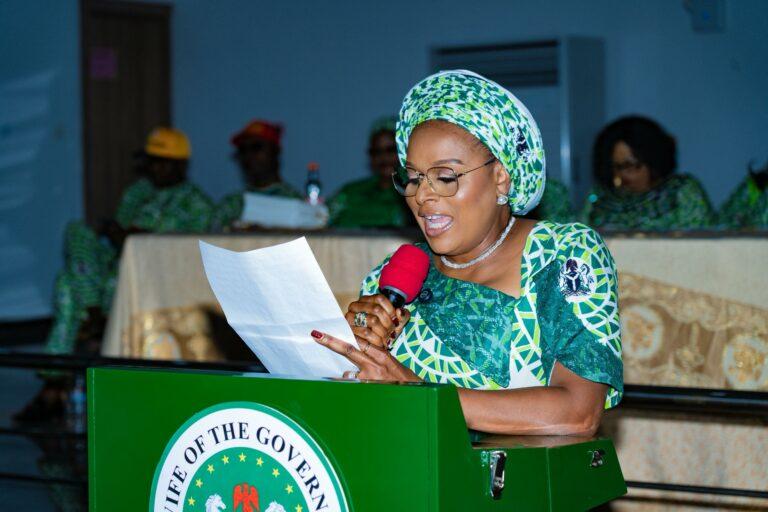Special adviser on energy to President Bola Ahmed Tinubu, Olu Verheijen confirmed that the federal government of Nigeria is planning to increase electricity tariffs. The aid confirmed the proposed increment while speaking to the media on Tuesday.
According to Verheijen, the increment will surface due to a new approach by the FG to ensure that low-income households receive the most support on electricity. She went on to discuss how the federal government of Nigeria spends more than 200 billion naira on electricity subsidies.
However, the subsidy program benefits a huge chunk of wealthy Nigerians instead of those who truly need the support. With the new approach, Olu Verheijen is confident that electricity will become more affordable for millions of poor households.
To actualize this goal, the aide explained how the current administration is intensifying the distribution of seven million prepaid meters in 2025. Verheijen added that the initiative will finally curb estimated billings, ensuring Nigerians get the true value of their money.
Meanwhile, Verheijen quickly pointed to major obstacles affecting the implementation of the policies. She narrated how the new administration is clearing debts from the past government to power generation firms.
Furthermore, she discussed how the backlogs have prevented new investment and infrastructure in the power sector for a while. The special adviser said she’s confident that the funds will support power generation companies to deliver a stable power supply for Nigerians.
New $600 million subsidy program
The recent revelation by Olu Verheijen confirmed the growing commitment of the FG to the power sector. Recently, reports surfaced that the federal government is aiming to introduce a $600 million subsidy program to boost power supply in 2025.
According to Nigeria’s Energy Compact document, the subsidy program will come in various dimensions. One of the most notable forms includes a subsidy on the first 50 kilowatts hours used every month.
As revealed, the program aims to address the loopholes in the previous subsidy regime. Lastly, the scheme will offer temporary ease, allowing distribution companies to fulfill their financial obligations to power generation companies and the Transmission Company of Nigeria.









